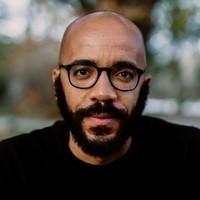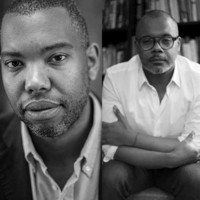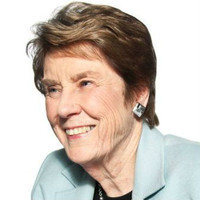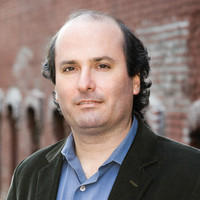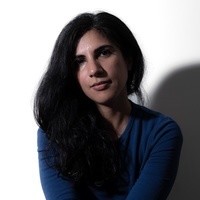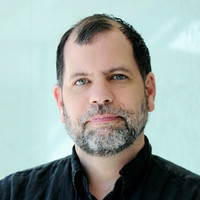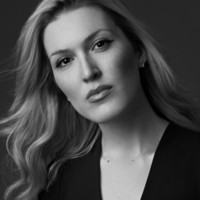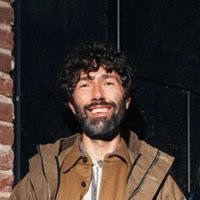Clint Smith is a poet and a staff writer for The Atlantic. His most recent book is How the Word Is Passed: A Reckoning with the History of Slavery Across America and his latest feature is “Monuments to the Unthinkable.”
“I've been to a lot of places that carry a history of death and slaughter and murder. I've been on plantations. I've been in execution chambers. I've sat on electric chairs. I've been on death row. But I have never experienced anything like what I experienced walking through the gas chamber in Dachau. I mean, there's reading books about the Holocaust, and then there's that. And that is something that I hope to continue doing for the rest of my life: putting my body where these things happen. Because it completely transforms your understanding of what it was like.”
